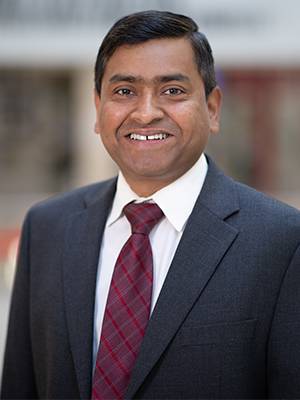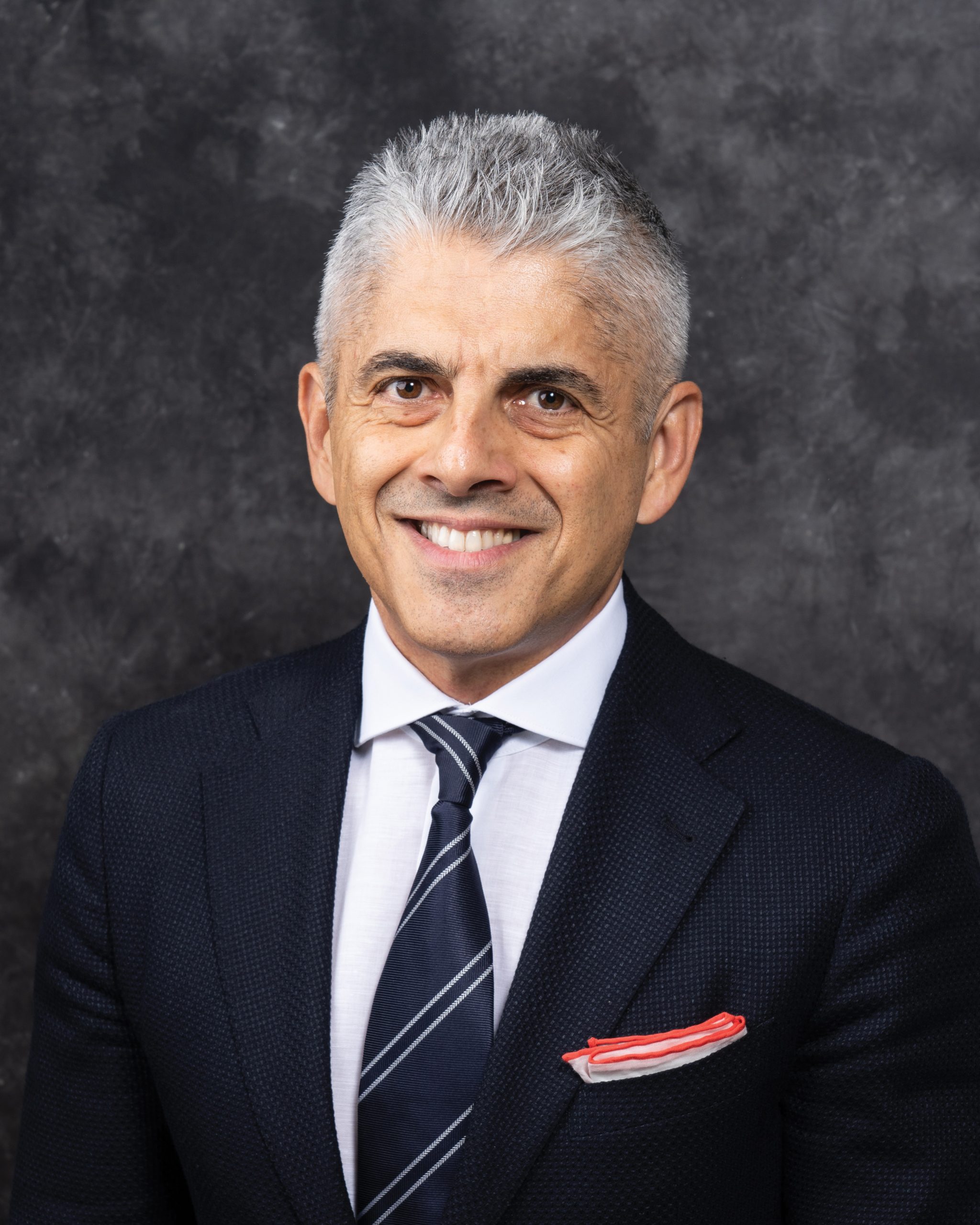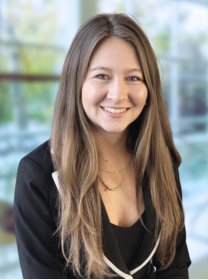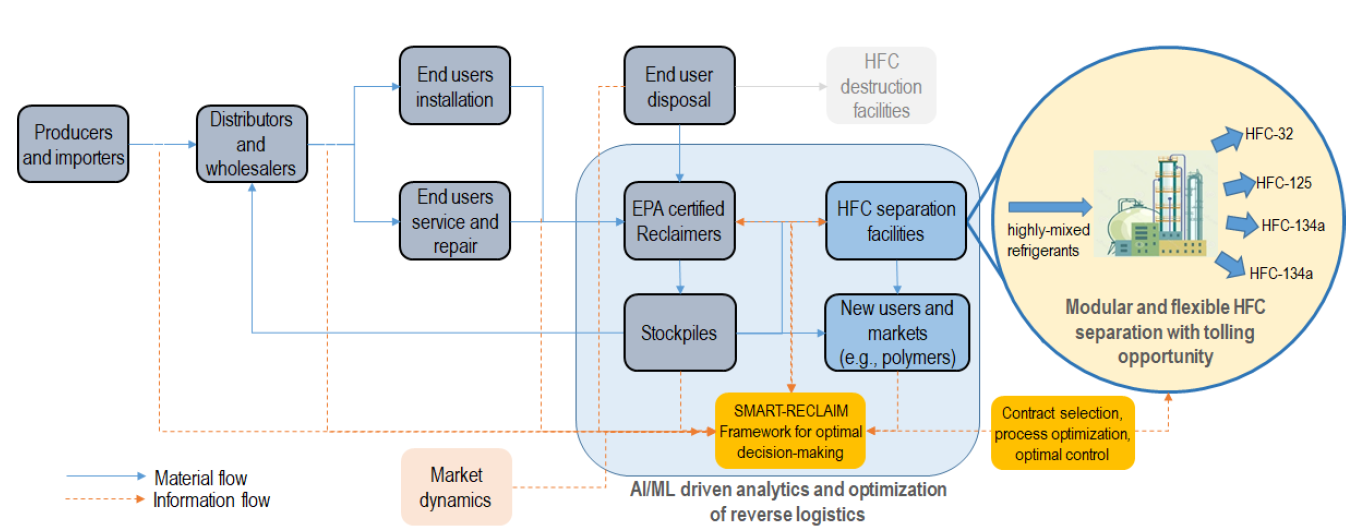Circular Logistics and Smart Reclamation:
The SMART-RECLAIM Approach
The American Innovation and Manufacturing (AIM) Act of 2020 was enacted by Congress, authorizing the Environmental Protection Agency (EPA) to address hydrofluorocarbons (HFCs), harmful chemicals common in air conditioning, refrigeration, and other ozone-depleting substances that contribute to greenhouse gas emissions at a level that is hundreds to thousands of times more potent than carbon dioxide.
The EPA has called for an 85% phase down of HFC production through 2036. Further restrictions call for increasing percentages of reclaimed refrigerant in new products, with as much as 100% required in some new systems as early as 2028. This will create urgent demand for hundreds of millions of kilograms of recycled refrigerant to replace lost production, as HFCs will be required by existing systems for decades to come. Refrigerant mixtures cannot be recycled in their mixed state and must be separated to high purities to be able to be returned back to the forward supply chain. However, currently no technologies are available capable of achieving this on a commercial scale sufficient to meet demand under the new regulatory frameworks, making recycling technically and economically nonviable.
Prof. Faruque Hasan, Assistant Director of Decarbonization at the Texas A&M Energy Institute and Associate Professor of Chemical Engineering, will lead the Texas A&M team on an EPA funded project titled, SMART-RECLAIM: Scalable, Modular and Adaptable Reclamation Technology for Hydrofluorocarbon Refrigerant Enhancement, Circular Logistics, and Intelligent Manufacturing. In partnership with co-leads Prof. Eleftherios Iakovou, Associate Director of Supply Chain Resilience & Sustainability at the Texas A&M Energy Institute and the Harvey Hubbell Professor of Industrial Distribution, along with Dr. Kalin Baca. co-founder and Chief Operating Officer at Icorium Engineering Company, (IEC), the team aims to reduce the overall time and cost of reclaiming highly mixed HFCs by developing a modular technology amenable to extreme changes in HFC compositions and a data-driven and prescriptive framework for smart reverse logistics.

I am particularly excited about our SMART-RECLAIM project because it shows our research strength to connect energy and the environment for important societal issues such as managing harmful gases with high global warming potential in energy applications.
SMART-RECLAIM Project lead Prof. Faruque Hasan

I am grateful for the outstanding environment for interdisciplinary collaborative efforts within the Texas A&M Energy Institute and proud of Prof. Hassan’s leadership. This award is a testament of the value that the Energy Institute brings, allowing us to capitalize on the new large-scale funding opportunities from federal agencies that increasingly demand an interdisciplinary research continuum from early to late technology readiness levels (TRLs) further engaging industry.
Co-lead Prof. Eleftherios Iakovou
“HFCs are very potent greenhouse gases and their reclamation is critical to avoid adverse effects on climate. Due to the distributed nature of HFC use, their reclamation is not trivial. Furthermore, separation of mixed and contaminated HFCs into pure forms is technologically even more challenging. To that end, we propose the SMART-RECLAIM framework that aims to perform intelligent decision-making using advanced modeling, process design, and systems optimization techniques developed through our research,” explains Prof. Hasan. “As a result, we expect considerable reduction in cost and energy consumption from the baseline operation through the establishment of an economically sustainable, scalable, smart toll manufacturing paradigm for HFC reclamation.”

Credit: Icorium Engineering Company
To reduce the time and cost of reclaiming HFC refrigerants, SMART-RECLAIM scientists will employ a two-phase approach. First, they will design and test an intensified modular unit capable of separating a range of complex multi-component mixtures. They will then incorporate a data-driven decision-making framework for reverse logistics with high supply chain visibility that takes into account quality, cost efficiency, changing market dynamics, stakeholder collaboration, safety, and environmental regulation.
“Data-driven reverse logistics network modeling and supply chain digital twins will reduce the cost of transporting materials between stakeholders across the end-to-end supply chain,” says Prof. Iakovou. “These will provide significant improvements to the economic and environmental footprint of the reverse logistics network. Importantly, in this work we will leverage, expand and hone decision-making tools that we have developed from two other large grants that I have been leading: one on the impact of robots on improved supply chain resilience for the US Industrial Base (from NIST) and another for reverse logistics for photovoltaic panels (from the NSF Convergence Accelerator Program), along with Prof. Stratos Pistikopoulos, the Director of the Energy Institute”.
The technical capabilities and decision-making framework developed at Texas A&M University (including TEES and the Texas A&M Energy Institute) will be validated and field-tested through contractor IEC, a sustainable engineering company specializing in refrigerant separation technologies and the development of circular economies for complex chemical mixtures. Results from the technical validation will be used to develop a cohesive strategy, a framework, and associated materials for community engagement and education towards increasing industry and consumer engagement, and enhancing the understanding and perception regarding reclaimed refrigerants.

Refrigerants are used in buildings and households for air conditioning and cooling purposes. They are also used in many energy applications and manufacturing industries. Efficient HFC reclamation for better use is important.
Overall, this project intends to achieve a 30% increase in reclaimed HFC and a 25% reduction in cost from the baseline operation. The project is expected to last five years.
